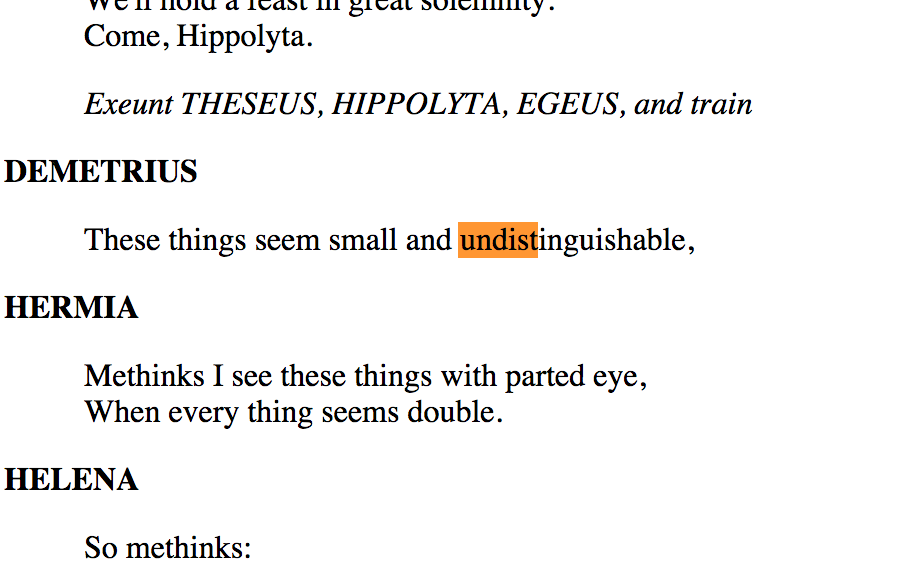I haven’t done one of these in awhile. Bear with me as I tell the whole thing, it’s worth it.
My oldest, in middle school, gets up first to catch the bus. So she’s having breakfast and my wife says, “Who wants to take the garbage out?”
I suggest that perhaps Sarah might like to do it.
My daughter’s name is not Sarah. Neither of them get my joke. Sigh.
I fire up YouTube and begin playing Shel Silverstein’s classic Sarah Cynthia Sylvia Stout, would not take the garbage out. The only hint of recognition I get is when my daughter complains to my wife, “I’m trying to get out the door for the bus and daddy’s at the computer spicing hams.”
So off she goes, and soon the younger two come down for their breakfast. Because of the timing they have a much lower key breakfast, longer time to hang out and do silly things. So soon my Shel Silverstein playlist turns into Alan Sherman, which turns into Dr. Demento, and soon we’re listening to “Please Mr. Custer“.
I’m loving this, because the first record album (that’s right, I said record album) I ever ordered on my own, with my own money, from a tv commercial no less, was “Goofy Gold” that had all this great novelty stuff on it.
Anyway, my kids have no idea who General Custer is, so I explain. In short, “He took his men out to fight the Indians but when he got there, there was like a thousand times more Indians than he thought there was, and they all got killed. This song is a joke about the night before the battle and how his soldiers don’t want to go.”
My son, who is eight, asks if we can see the Shakespeare one about the Americans. I’ve got no idea what he’s talking about, but he’s asking about Shakespeare and I’m not about to let that opportunity go to waste. He tells me, “The one where the guys have to go into battle but the other guys have more guys than they do and they think they’re gonna lose but they win.”
Oh! He’s talking about Henry V St. Crispin’s Day Speech. Happy to oblige! Where he got Americans I have no idea, I’m assuming he uses “English” and “American” interchangeably. He’s also actually remembered enough about this scene that a description of Custer’s Last Stand has him making the connection. I like it.
After the video he asks for the details of how much they were outnumbered and we google it. He asks me if it would be possible for one army to just have one guy, and still win.
I paused, not believing my luck, and told him, “Actually that’s a different play. That’s called Coriolanus.”
So we start watching Tom Hiddleston’s Coriolanus. Actually I just fast forward to the scene before Corioli and explain, “He’s trying to get them riled up to storm into the city, but they’re all afraid to follow him, so he says forget you guys and goes all by himself. By the way, does he look familiar?” I’m figuring that he might recognize Loki from the Avengers movie.
“Is that Adam Levine?” From Maroon 5? No, but great guess! 🙂
Tom is gone so I continue my summary, “Now all the soldiers think that they’re safe, they think that their leader is pretty much dead at this point, they can’t believe he was so stupid that he just walked into the enemy’s city all by himself. Some of the general’s friends come in who think that maybe they should go after him and try to save him before he gets killed. Now watch.”
Enter Tom, looking like Walking Dead. I’ve not seen this before, I had no idea he was covered in so much blood. “See? He comes back and tells them ok you bunch of sissies, now I softened them up for you, *now* do you want to follow me?”
Eventually we have to walk to school, where I continue trying to explain Coriolanus to them. How awesome is it going to be months from now when some other random thing occurs and my eight-year-old references a Shakespearean tragedy that most adults don’t even know exists?






